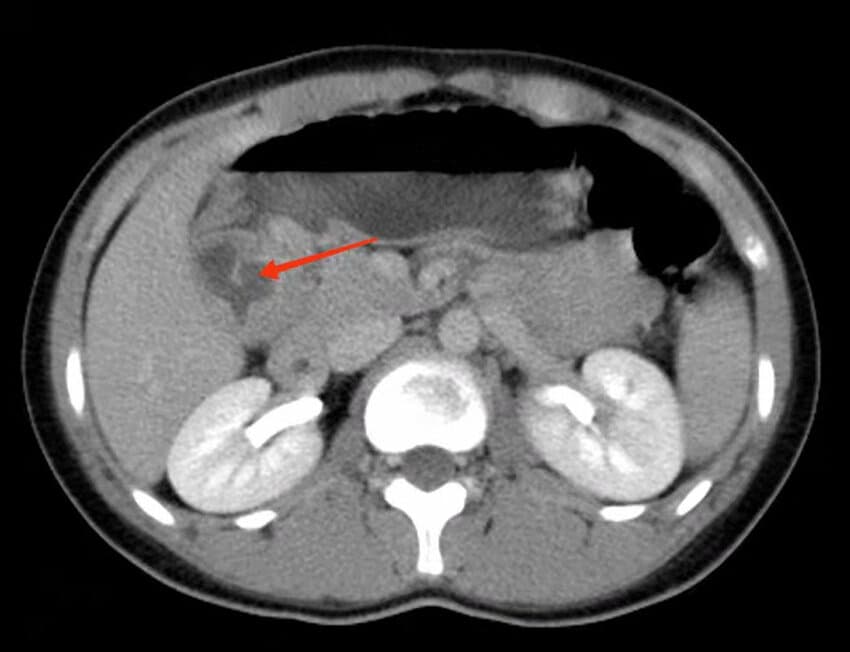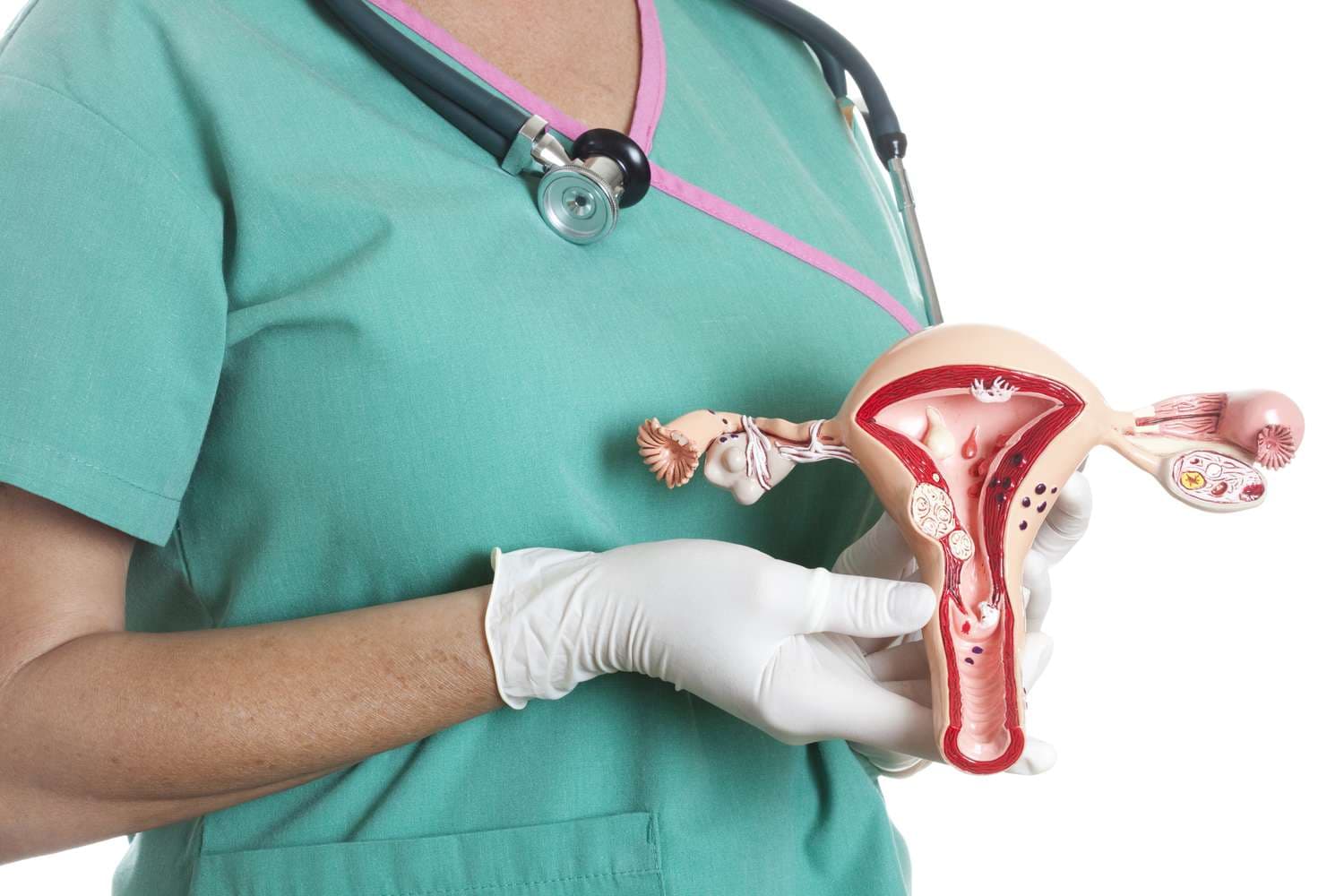Hormonal disorders can be one of the main causes of infertility in cats. These disorders can manifest in a variety of ways, including anovulation (lack of ovulation), disrupted sexual cycling, changes in hormone levels, and other factors that affect feline reproductive health.
Diagnosis
Clinical examination and history: It is important to gather a complete history and analyze clinical manifestations that may indicate abnormalities in the reproductive system.
Laboratory tests: Measuring the levels of various hormones (e.g., estrogen, progesterone) in the blood can help evaluate the condition of the reproductive system.
Ultrasound: Ultrasound can help detect structural abnormalities in the reproductive system, such as ovarian cysts or changes in the structure of the uterus.
Progesterone test: Used to determine if ovulation is present in cats.
Treatment
Hormone therapy: After diagnosis, the doctor may prescribe hormone therapy to restore normal hormone levels in the cat’s body. This may include the use of estrogen and progesterone medications.
Surgical treatment: In cases where structural abnormalities such as ovarian cysts or other tumors are identified, surgery may be required.
Diet and lifestyle control: Some hormonal disorders may be associated with being overweight or not eating properly. Proper nutrition and maintaining a healthy lifestyle can help in restoring feline fertility.
It is important to note that treatment of hormonal disorders in cats should be supervised by a veterinarian who will be able to choose the best treatment strategy for each individual case. Regular visits to the doctor and following the recommendations will help restore your cat’s reproductive health.



